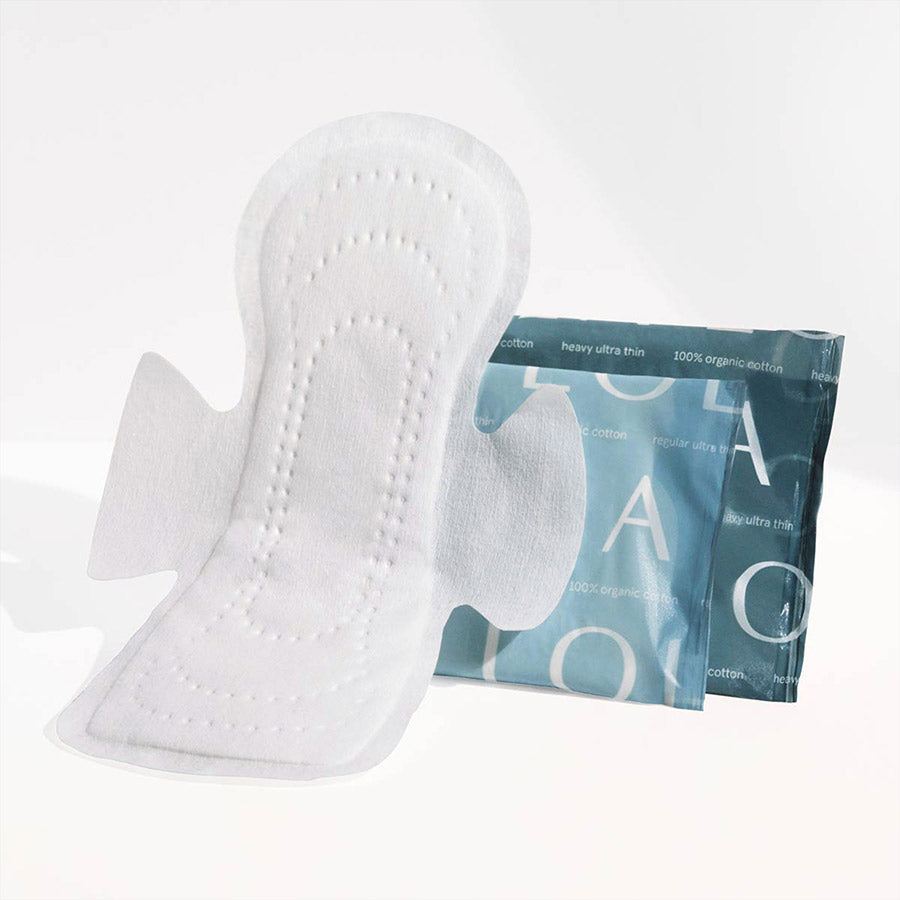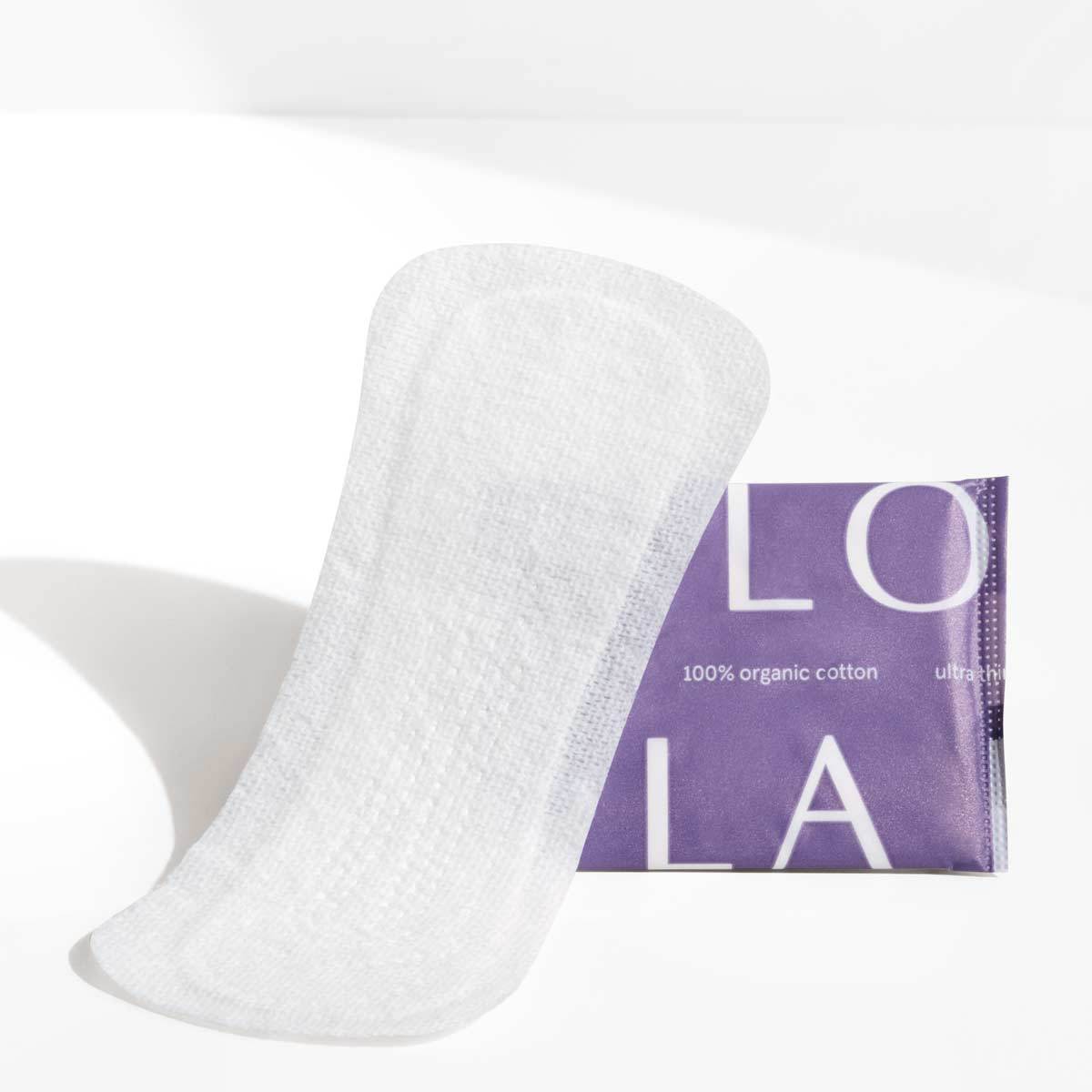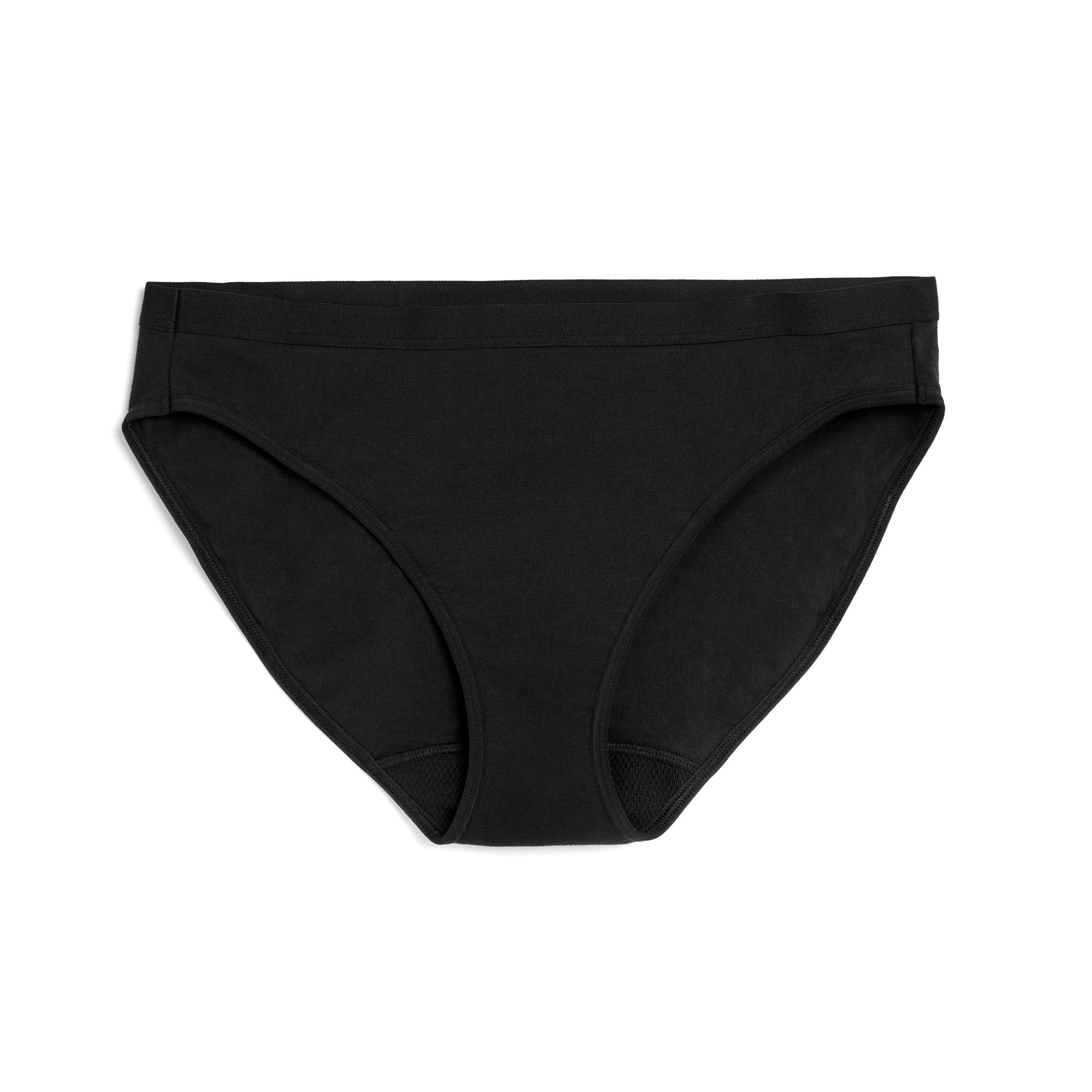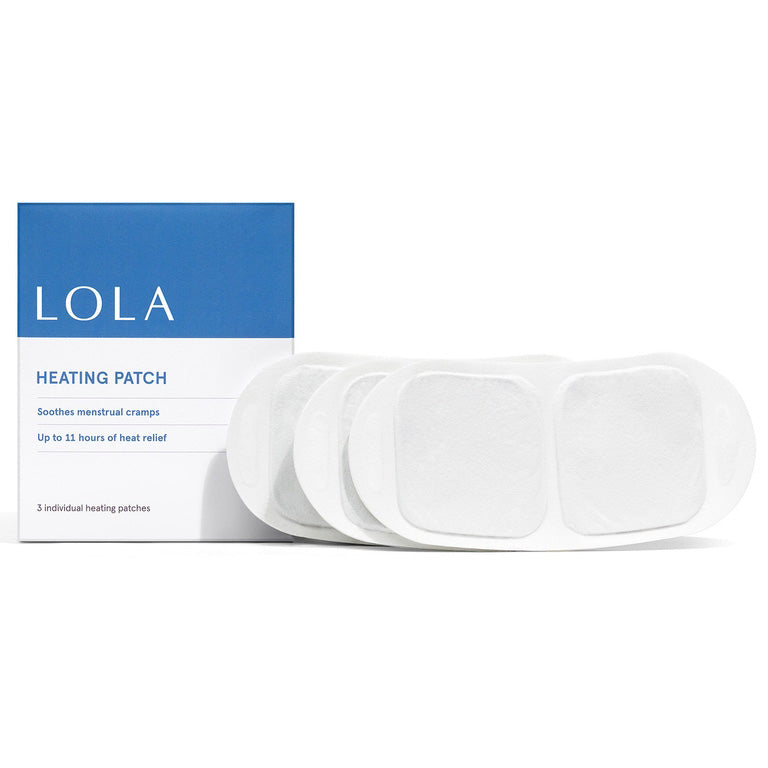When your period doesn't come "regularly" " every 21 to 35 days " it may become a personal annoyance, but it's also an indication that your body is stressed. You may have noticed that life events that cause chronic stress " such as a death in the family, major career changes, or a big move " can alter your cycle, but did you know that fluctuations in body weight can, too?
Can weight loss affect your period?
I don't own a scale anymore, but in college I weighed myself daily. As a freshman, I was in the thick of my experience with orthorexia " an eating disorder in which "healthy" eating behaviors become obsessive/compulsive " and lost weight quickly. Before I even finished my first semester, I lost my period, too. My period's absence lasted for years. When I filled out health history forms at annual doctor appointments, I would have to note that my last period was months, if not more than one year, ago. But merely clarifying that pregnancy was not a plausible cause for this was enough to satisfy the physicians and nurse practitioners. I was put on hormonal birth control pills. Voila, problem solved!
In my post-college years, I gradually gained enough weight to be within the "normal" BMI range for my height. I even put on a few extra pounds, hopeful that would help my reproductive system regulate. It didn't. Instead, for six years, my weight fluctuated while my period remained absent, unless I was taking birth control pills. As one nurse practitioner put it to me, "Pills won't fix the problem, but at least you have your period!"
At the age of 24, I found a happy medium. I was at a healthy weight for my body, let go of compulsive eating behaviors, had lower stress levels, and, finally, a regular period. At last, I had learned to listen to my body and what it needed. If I had realized earlier that those fluctuations in my weight were one major sign of physical (and sometimes emotional) stress, I may have saved myself years of a missing period.
Your weight is an indication of overall health.
There are a plethora of biometric health markers, like triglycerides or HDL cholesterol levels, but body weight is one we can regularly self-monitor. Scales are one form of objective weight measurement, but not the only option. Now, I am only weighed once per year (at my annual physical), and I don't encourage clients to weigh in daily, either. That daily habit can, itself, be a source of mental stress. But I do recommend taking time to notice how your clothes are fitting, whether or not your body feels different to you, whether or not you feel lethargic, heavier or lighter " these are also indications of weight changes, and are worth paying some attention to. If you notice changes in your cycle, assess whether you've also noticed changes in weight. The two could be related.
If your weight changes, it may affect your menstrual cycle.
Both weight loss and weight gain have been shown to influence menstrual cycle regularity. This is because changes in weight may lead to changes in hormone levels, including estrogen and testosterone, according to dietitian and fertility research expert Cynthia Clark. Research suggests that a gain or loss of about 20% of body weight could cause alterations in hormone levels that lead to amenorrhea (the absence of menstruation for one or more cycles). In either case, the weight change and resulting hormonal changes are read by the body as a stress signal telling your body it is not an ideal time for pregnancy, so ovulation ceases.
Correcting this may be possible through a weight loss or gain, respectively. For example, in the case of being overweight or obese, losing 5% of body weight can improve fertility hormone levels and outcome (i.e. cycle regularity), says Clark. If this doesn't correct the issue, the next step would be to consult a fertility expert, such as an OBGYN to discuss other possibilities.
Being overweight or obese is also a risk factor for polycystic ovary syndrome (PCOS).
In addition, one of the characteristics of PCOS is a change in insulin production, putting women at risk for weight gain. So, weight gain is both a symptom and a risk factor for this condition that may result in menstrual cycle irregularity, or in extreme cases, even infertility. The connection between being overweight and risk of having PCOS isn't clear yet, though. A range of symptoms are associated with PCOS, weight gain and irregular periods " or secondary amenorrhea " being two of the most common.
Not every woman who is overweight or obese has PCOS. Weight gain is related to increased inflammation " often caused by expanding fat cells and chronic hyperglycemia (high blood sugar) related to overeating " which may also signal stress to the body.
Conversely, losing weight may put stress on the body, giving it a signal to stop your cycle.
In our modern world, stress is far more common and chronic as a result of both external (work, family, traffic, true crime series, etc.) and internal (emotions such as fear or anxiety) triggers. The body doesn't like being stressed, so it works to reduce the stressors it can control and preserve energy for processes and systems necessary for life. Losing too much body weight " perhaps as a result of disordered eating, over-exercising, or even chronic stress " is a form of physiological stress, and is one cause of primary amenorrhea.
Maintaining your healthy weight is key to a regular menstrual cycle.
To find your healthy weight, start to log your period and weight monthly. If you do experience a change in your menstrual cycle, you can easily backtrack and review this information. Note that your healthy weight may not be a "normal" weight for your height, as defined by BMI. In my nutrition practice, I've worked with clients whose weight was outside of the normal BMI weight range yet they still maintained good health and regular periods.
If you've recently experienced a change in your menstrual cycle, take a step back and see if weight change may be a factor.
































